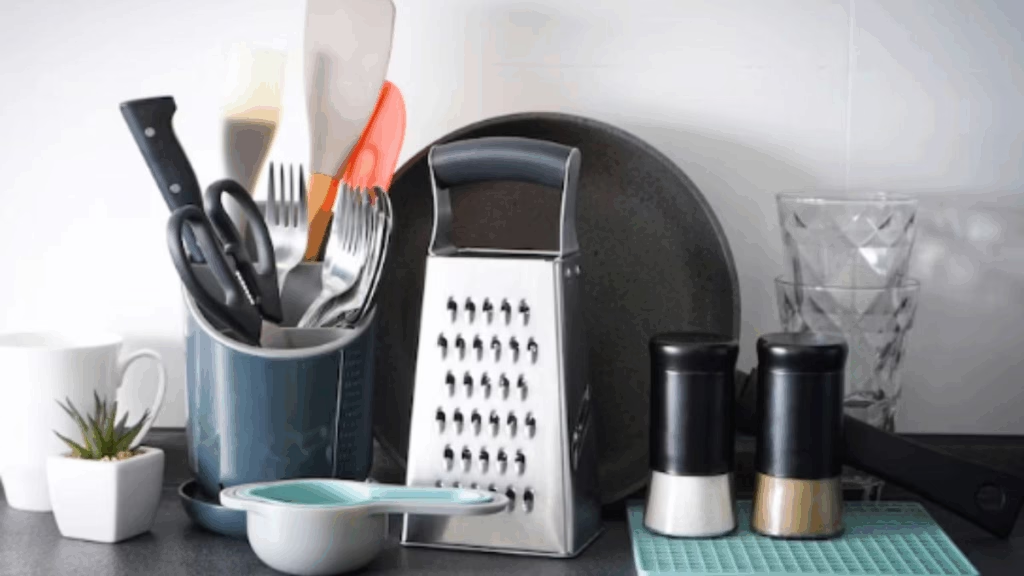Gut Health Alert: Your kitchen feels safe, but what if it hides the real reason behind your constant discomfort? One expert just shook the internet with a revelation that left many questioning their daily habits.
In a short clip that quickly spread, he explained how everyday tools, not strange ingredients, may quietly harm the body. The message is simple, yet the reality is shocking. What looks harmless might be the start of something much bigger.
Dr. Sethi’s Warning: The Three Toxic Kitchen Culprits
Everyday meals may taste fine, but the tools used to cook them could slowly cause digestive problems. Dr. Sethi, a Harvard-trained gastroenterologist, uploaded a video on Instagram that revealed the dangers. In the clip, he shared three toxic kitchen items you should throw out right away.
He explained how these common kitchen toxins can weaken your gut health and wellness without you even noticing.
- Plastic cooking utensils – Even BPA-free options degrade with high heat, releasing microplastics and chemicals. Safer choices include food-grade silicone, bamboo, or stainless steel.
- Plastic cutting boards – Knife marks release microplastics into food, building up risk over the years. Wooden and bamboo boards are safer. Glass stays clean but may dull knives.
- Scratched non-stick pans – Modern pans are PFOA-free, but scratches release harmful coating particles. Safer options include cast iron, stainless steel, and pure ceramic pans.
The Hidden Link Between Gut Health Alert and Chronic Issues
Gut health plays a powerful role in energy, digestion, and long-term wellness. A healthy microbiome supports nutrient absorption and strengthens immunity. But when toxins interfere, digestion problems may lead to fatigue, bloating, or ongoing inflammation. Dr. Sethi explained that such hidden damage can also influence mood and mental health, making gut care more urgent.
DON'T MISS
His gut health alert highlights how common kitchen toxins can trigger small issues that grow into chronic concerns. Everyday tools may appear safe, but their effects run much deeper than we imagine.
Everyday Habits That Make Things Worse
The way we use our kitchens can turn small risks into bigger problems. Leaving food in plastic containers during heating can leak chemicals into meals. Storing leftovers in scratched non-stick pans adds more coating particles to the diet.

Using the same old plastic cutting board every day increases the number of microplastics we eat. These habits may look harmless, but they increase exposure to common kitchen toxins. Dr. Sethi’s warning shows that small daily choices are often the silent cause of digestion problems we never expect.
Practical Fixes for a Healthier Gut
Protecting gut health does not require drastic changes, just mindful swaps. Replace plastic utensils with bamboo, stainless steel, or food-grade silicone tools. Switch plastic cutting boards for wooden or bamboo versions that reduce microplastic risks. Choose cast iron or pure ceramic pans instead of scratched non-stick cookware.
Nutrition experts also advise eating whole foods, staying hydrated, and cutting excess processed meals. This gut health alert reminds us that small steps help avoid common kitchen toxins. With better choices, digestion problems can slowly fade, and wellness feels more natural again.
Your kitchen can be both friend and foe. Replacing toxic kitchen items with safer choices reduces digestion problems and restores balance, proving health often begins with simple daily swaps.